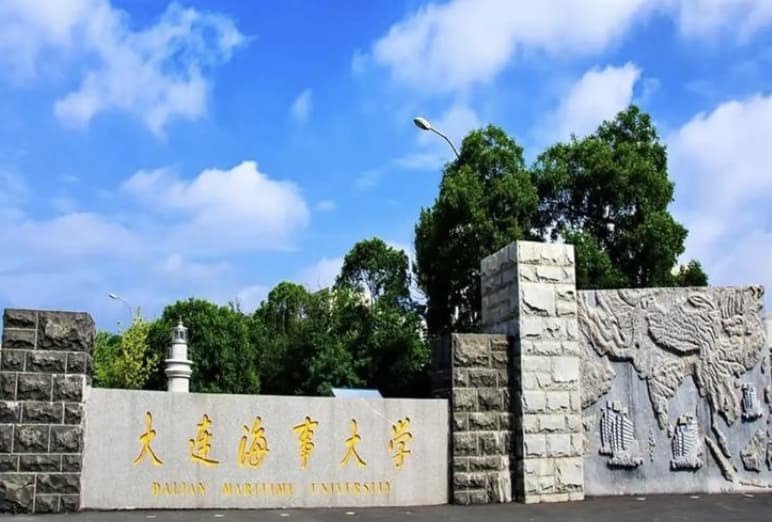Mastering Common English Interview Questions for Postgraduate Entrance Exams
In the competitive landscape of postgraduate entrance exams, English proficiency is a critical component of the interview process. Candidates often face a variety of English questions designed to assess their language skills, communication abilities, and cultural adaptability. This guide provides comprehensive answers to three common English interview questions, offering insights and practical examples to help candidates excel. Whether you're preparing for an academic or professional interview, these responses will equip you with the confidence and knowledge to communicate effectively.
1. Can You Describe Your Hometown?
One of the most common English interview questions is asking candidates to describe their hometown. This question is designed to assess your ability to speak fluently and coherently while providing a glimpse into your background and personal experiences. Below is a detailed response that you can adapt to your own situation.
My hometown is a vibrant city located in the southern part of China. It is known for its rich history and modern developments, making it a unique place to grow up. The city has a population of around one million people and is surrounded by lush green hills. One of the most striking features of my hometown is its historic old town, which is lined with traditional Chinese architecture. The old town has narrow streets, stone bridges, and ancient buildings that date back to the Ming Dynasty. Whenever I visit, I love to wander through these streets, admiring the intricate carvings and the vibrant atmosphere. The local cuisine is another highlight; my hometown is famous for its spicy seafood dishes, which are a must-try for any visitor. Another important aspect of my hometown is its educational institutions. There are several well-known schools and universities in the area, providing excellent opportunities for students to pursue their studies. Additionally, the city has a strong sense of community, with numerous festivals and events that bring people together throughout the year. For example, the Spring Festival is celebrated with great enthusiasm, featuring traditional dragon dances, lantern festivals, and family gatherings. Overall, my hometown is a place that has shaped my identity and provided me with a strong foundation for my future endeavors.
2. Why Did You Choose to Study This Field?
Another frequently asked question is why the candidate chose to study a particular field. This question helps the interviewer understand your motivations and passion for the subject. Below is a well-structured response that you can tailor to your own academic interests.
The decision to pursue a career in [Your Field] was not made lightly; it was the result of years of exploration, curiosity, and personal growth. My interest in this field began during my undergraduate studies when I took a course on [Specific Course or Topic]. The course introduced me to the fundamental principles of [Your Field], and I was immediately captivated by its complexity and potential. One particular assignment stands out in my memory: we were tasked with analyzing [Specific Problem or Case Study]. This project required me to delve deep into [Specific Aspect of Your Field], and I discovered that I enjoyed the process of research and problem-solving. Over time, my passion for [Your Field] grew, and I became increasingly fascinated by its applications in real-world scenarios. For instance, I was particularly interested in how [Your Field] could contribute to solving [Specific Issue or Challenge]. This realization solidified my decision to pursue further studies in this field. Additionally, I was drawn to the collaborative nature of [Your Field], where professionals work together to innovate and create meaningful change. During my undergraduate years, I had the opportunity to participate in a research project led by Professor [Professor's Name], where we worked on [Specific Research Project]. This experience allowed me to work closely with other students and faculty members, and it reinforced my desire to continue my education in this field. Moreover, I believe that [Your Field] has the potential to make a significant impact on society, and I am eager to contribute to this effort. By pursuing a postgraduate degree in [Your Field], I hope to gain the knowledge and skills necessary to become a leader in this field and make a positive difference in the world.
3. What Are Your Strengths and Weaknesses?
This question is designed to assess your self-awareness and ability to articulate your personal qualities. Below is a comprehensive response that highlights your strengths and weaknesses while demonstrating your growth and development.
When discussing my strengths, I believe that my ability to adapt to new environments and challenges stands out. Throughout my academic journey, I have faced various situations that required me to step out of my comfort zone, and I have always managed to rise to the occasion. For example, during my undergraduate studies, I was part of a study abroad program in [Country], where I had to navigate a completely different cultural and academic environment. This experience taught me to be flexible and open-minded, skills that I believe are essential for success in any field. Another strength of mine is my strong work ethic. I am known for my dedication and perseverance, often going the extra mile to ensure that I meet my goals. For instance, during my final year of undergraduate studies, I was working on a research project with a tight deadline. Despite the pressure, I stayed focused and managed to complete the project to a high standard. This experience demonstrated my ability to manage my time effectively and deliver quality work under pressure. In terms of weaknesses, I would say that I can be overly critical of myself at times. This tendency has led me to set very high standards for my work, which can be both a blessing and a curse. On the one hand, it drives me to excel and produce my best work. On the other hand, it can sometimes lead to unnecessary stress and anxiety. To address this, I have been working on practicing self-compassion and recognizing that perfection is not always achievable. I have also learned to seek feedback from others to gain a more balanced perspective on my work. Additionally, I am currently working on improving my public speaking skills. While I am comfortable speaking in front of small groups, I know that I can still benefit from more practice to become a more confident and articulate speaker. To this end, I have joined a debate club and regularly participate in public speaking workshops. These experiences have helped me to become more comfortable and effective when speaking in front of an audience. Overall, I believe that by acknowledging and working on my weaknesses, I can continue to grow and develop as a professional.


.jpg)
.jpg)
.jpg)
.jpg)


.jpg)
.jpg)
.jpg)